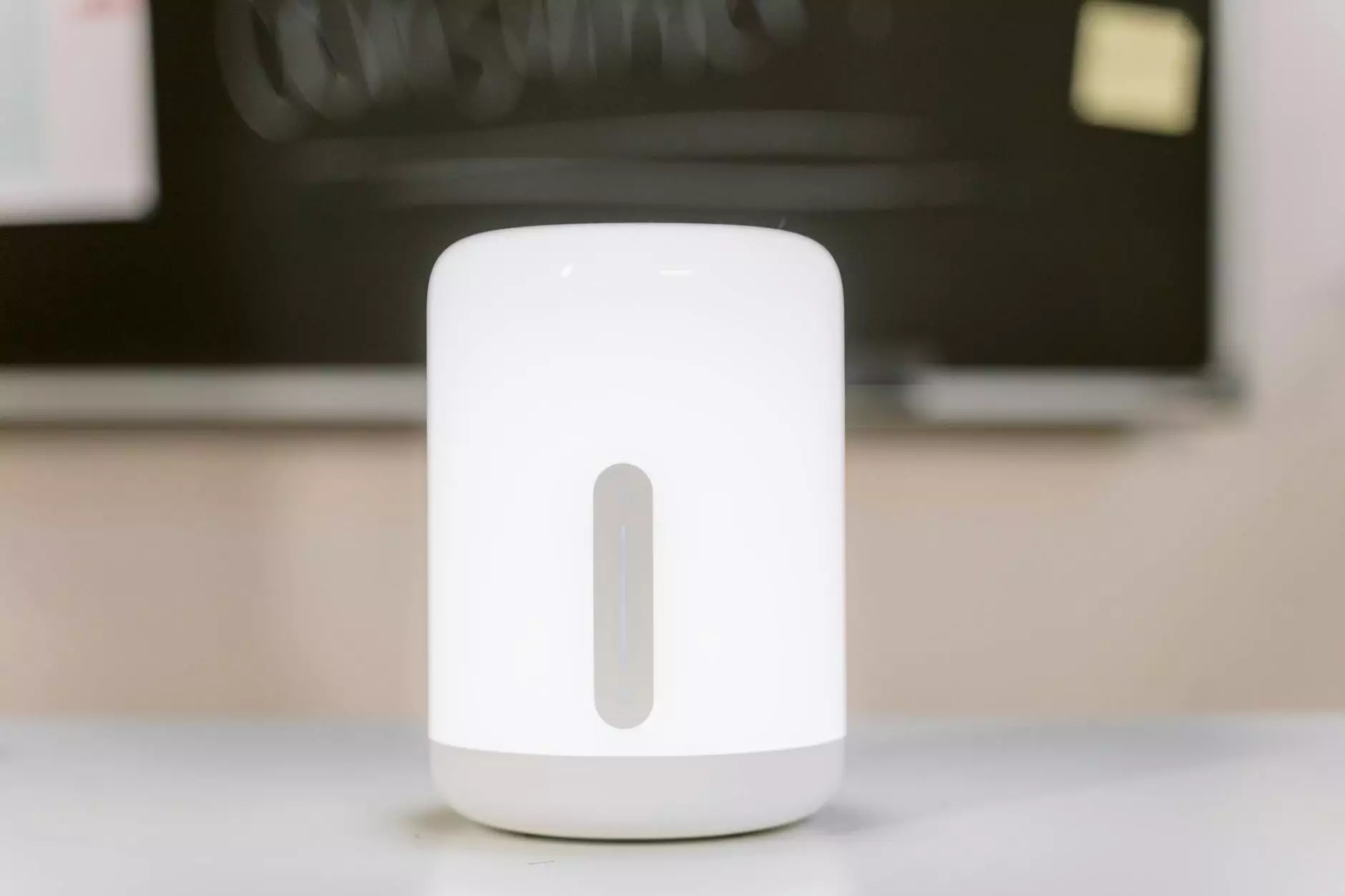Unlocking Healthcare Datasets for Machine Learning: A Comprehensive Guide

In the fast-evolving world of technology, the healthcare sector stands at the forefront of innovation. The integration of machine learning into healthcare has opened up new opportunities for research, patient care, and operational efficiencies. However, the key to unlocking these advancements lies in the availability and utilization of healthcare datasets for machine learning. This article delves into the various facets of healthcare datasets, their significance in machine learning applications, and their potential impact on the industry.
The Importance of Healthcare Datasets in Machine Learning
Healthcare datasets are collections of data obtained from various sources within the healthcare ecosystem. These datasets are vital for training machine learning algorithms that can predict patient outcomes, identify trends, and enhance decision-making processes. Some key reasons why healthcare datasets are crucial include:
- Predictive Analytics: Machine learning algorithms utilize healthcare datasets to forecast patient needs and potential health crises.
- Personalized Medicine: With detailed patient datasets, healthcare providers can tailor treatments to individual patient characteristics.
- Operational Improvements: Analyzing datasets can help streamline operations, reduce costs, and improve the efficiency of healthcare services.
- Research and Development: Datasets are essential for academic and corporate researchers working on new treatments and technologies.
Types of Healthcare Datasets
Understanding the types of healthcare datasets is crucial for effective machine learning applications. Below are several categories of healthcare datasets:
1. Electronic Health Records (EHRs)
EHRs contain comprehensive patient information, including demographics, medical history, medications, immunizations, lab results, and radiology images. These datasets are invaluable for machine learning applications aimed at improving patient care.
2. Imaging Datasets
Datasets originating from medical imaging technologies, such as MRIs, CT scans, and X-rays, provide raw pixel data that can be processed by machine learning algorithms for tasks like image recognition and segmentation.
3. Genomic Data
With the advent of personalized medicine, genomic datasets, including DNA sequences and mutations, play a critical role in developing tailored therapeutic approaches, making them significant for machine learning applications.
4. Wearable Device Data
The proliferation of wearable health technologies generates extensive datasets on user activity, vital signs, and health conditions. Analyzing this data can lead to proactive healthcare interventions.
5. Population Health Data
This includes data about health trends within specific populations, helping to identify disease outbreaks, health disparities, and the effectiveness of public health interventions, assisting researchers in forming impactful policies.
Key Applications of Machine Learning in Healthcare
Effective utilization of healthcare datasets for machine learning can lead to a myriad of applications, transforming the landscape of the healthcare industry. Some prominent applications include:
1. Predictive Modeling
Predictive analytics uses historical data to predict future outcomes, enabling healthcare providers to manage resource allocation efficiently and enhance patient care proactively. For instance, predictive models can forewarn healthcare professionals about potential readmissions or adverse events.
2. Diagnostic Support
Machine learning models trained on healthcare datasets can assist clinicians in diagnosing diseases more accurately. For example, algorithms that analyze images can detect early signs of conditions such as cancer, improving the chances of successful treatment.
3. Drug Discovery
The pharmaceutical industry benefits immensely from analyzing vast datasets to uncover new drug candidates and optimize clinical trials. Machine learning can identify patterns in patient responses and suggest potential treatments.
4. Operational Efficiency
Healthcare institutions can leverage machine learning to optimize scheduling, patient flow, and inventory management within hospitals, ultimately leading to enhanced operational efficiency and reduced costs.
5. Remote Patient Monitoring
With the rise of telehealth, machine learning algorithms can analyze data from remote monitoring devices to provide real-time insights into patient health, ensuring timely interventions.
The Role of Businesses in Leveraging Healthcare Datasets
Organizations like Keymakr play a pivotal role in harnessing the power of healthcare datasets for machine learning. By developing software solutions that facilitate data collection, storage, and analysis, businesses can help healthcare providers maximize the potential of these datasets. Here's how:
1. Data Integration
Keymakr focuses on integrating disparate healthcare datasets from various sources to create a unified platform. This comprehensive approach enables machine learning models to access richer data, leading to more accurate predictions and insights.
2. High-Quality Data Engineering
Data preparation is crucial for successful machine learning applications. Keymakr emphasizes high-quality data engineering to clean, normalize, and structure healthcare datasets, ensuring they are ready for analysis.
3. Custom Machine Learning Solutions
Understanding that different healthcare organizations have unique needs, Keymakr provides tailored machine learning solutions that address specific challenges within their operational framework.
4. Compliance and Security
Healthcare data privacy is of utmost importance. Keymakr ensures compliance with regulations such as HIPAA (Health Insurance Portability and Accountability Act), implementing security measures to protect sensitive patient information.
Challenges in Utilizing Healthcare Datasets
While the potential benefits of leveraging healthcare datasets for machine learning are enormous, several challenges must be addressed:
1. Data Privacy Concerns
Privacy issues remain a critical challenge when dealing with healthcare datasets. Organizations must prioritize patient confidentiality and navigate regulatory compliance effectively.
2. Data Quality and Standardization
The quality of data can vary significantly across sources. Ensuring that data is accurate, complete, and standardized is essential for successful machine learning implementations.
3. Integration of Disparate Sources
Healthcare data is often siloed, making it difficult to integrate various datasets. Effective data integration strategies are crucial for obtaining meaningful insights.
4. Skill Gap in Data Science
The demand for data science expertise in healthcare is growing. Organizations need skilled professionals who can analyze and interpret complex datasets effectively.
The Future of Healthcare Datasets and Machine Learning
The intersection of healthcare datasets and machine learning is poised for remarkable developments in the years to come. As technology advances, we can expect:
- Increased Data Availability: The digitization of healthcare will lead to more accessible datasets, enhancing opportunities for innovation.
- Enhanced Interoperability: Standards for data sharing will improve, allowing different systems to communicate effectively and providing a holistic view of patient health.
- Augmented Analytics: As machine learning technologies evolve, they will augment human intelligence, enabling healthcare professionals to make better-informed decisions.
- Transformative Patient Experiences: Personalized medicine approaches driven by machine learning insights will lead to improved patient engagement and satisfaction.
Conclusion
In summary, the role of healthcare datasets for machine learning cannot be overstated. They serve as the backbone of innovative solutions that can enhance patient care, streamline operations, and drive research in the healthcare sector. Businesses like Keymakr are critical players in this transformation, providing the tools and expertise needed to harness the potential of these invaluable datasets. By addressing the challenges and focusing on robust data practices, the future of healthcare powered by machine learning is bright, offering unprecedented opportunities to improve global health outcomes.









